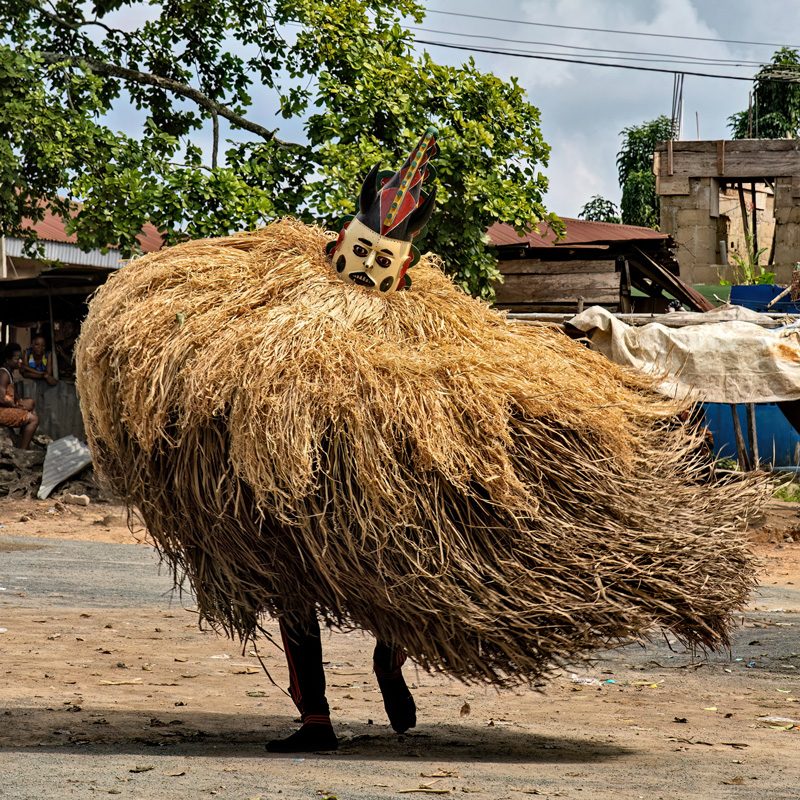
©Lasttribe
The Igbo people are a brilliant definition of how variety can foster cultural harmony. The Igbo did not stop being one of Nigeria’s most cohesive ethnic groupings, by a common language that brings communities across geographical areas. The Igbo language remains the primary identity marker, signifying the tenacity and continuity of pan-Igbo culture, despite significant ecological variances and historical contacts with other communities.
Igbo culture has been divided into several sub-regions by anthropologists such as Adiele Afigbo and Michael Onwuejeogwu. These range from the northern and western Igbo zones to separate civilizations like Anambra and Enuani. Through social, architectural, and dialectal traditions, these varied zones demonstrate the multidimensional character of Igbo society.
Igbo economic identities, such as “Ndị-Ọlugbo” (farmers), “Ndị-Ọluaka” (manufacturers), and “Ndị-Ahịa” (traders), have also been highlighted in a revolutionary reclassification, demonstrating how geography influenced the people’s economic existence.
Equally impressive is the Igbo sociopolitical system, which uses corporate and dual-sex institutions to balance power among local political entities called umunna (lineages) and nobody(village-towns). The balance between autonomy shows how adaptable Igbo society is, both men and women have long held important positions in local government and decision-making. The Igbo continue to be bound together by a deep cultural heritage, a language, and an indestructible legacy that motivates everyone who tries to comprehend it, despite the different cultural fabric of Anioma



